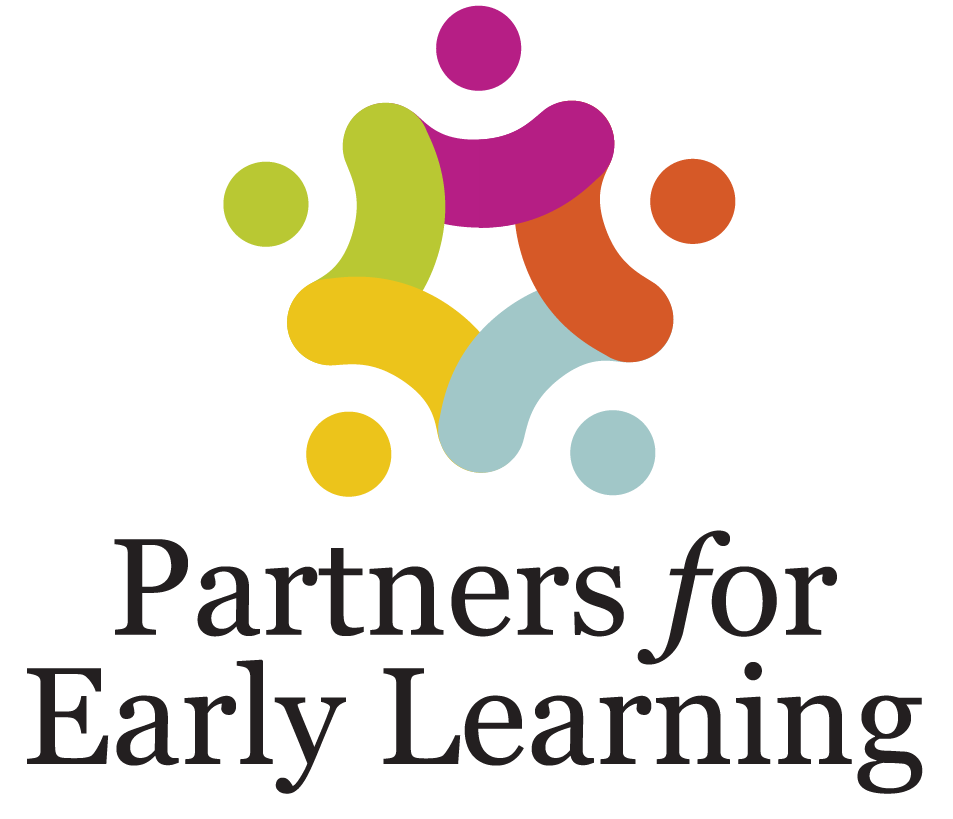Social
Social Milestones For 2-3 Years
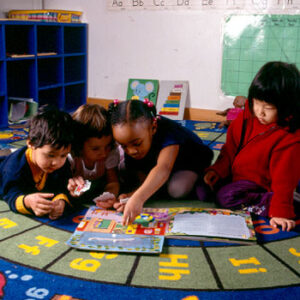
Social and Emotional: Overview (2-3 Years)
New feelings develop in the third year as children become more aware of the expectations and rules around them. Children
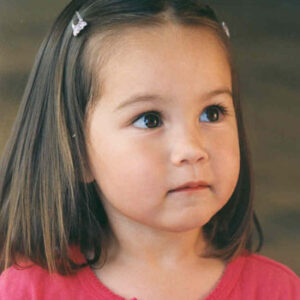
Begins to View Own Behavior against a Standard (24-35 Months)
Sometime between years 2 and 3, children gain the ability to evaluate their own behavior against a standard. As children
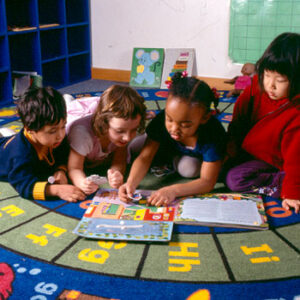
Can Take Turns in Games (24-35 Months)
At age 3, children are becoming more independent and more secure. When children learn about taking turns and cooperation from the
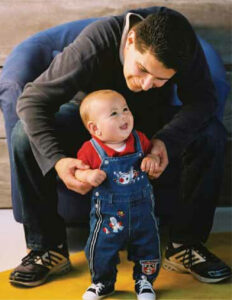
All About Praise
Is there a right way to praise a young child? Is there such a thing as too much praise? Researchers
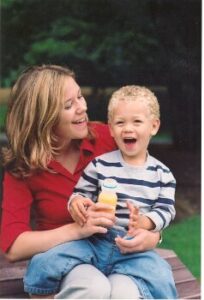
Recognizing Emotions
Connecting through giggles and tears. Emotional moments, whether happy, sad, or fearful, are when kids naturally turn to you for
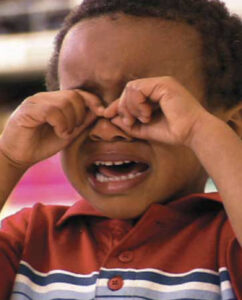
Tantrums Happen
Here Comes a Tantrum! When you least expect it…Tantrums happen! No matter how hard you try to understand your child’s

Tantrums Happen: Connecting during Emotional Moments
Temper tantrums are a normal and very common part of growing up. Ignore those eye-rolling critics. Your child’s extreme display
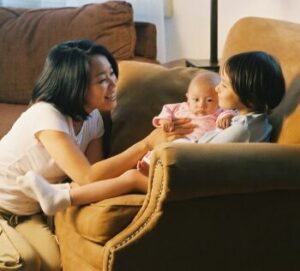
Life with Baby Brother
New Baby is Home! When a new baby arrives, life changes for everyone. These changes are especially big for an
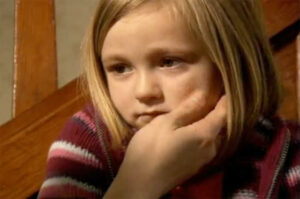
Morning Madness: Valuing a Child’s Emotions
Learning how to communicate and handle feelings are big skills for young children. Sometimes those feelings are hard to recognize,
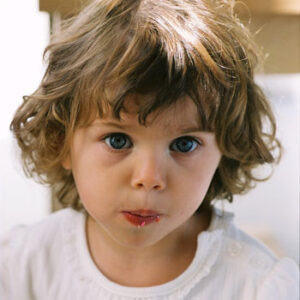
May Experience and Express Guilty Feelings (27-36 Months)
Sometime between years 2 and 3, children gain the ability to evaluate their own behavior against a standard. As children
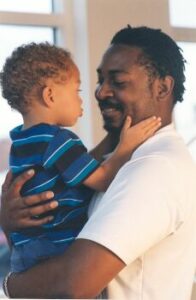
Are You Okay, Daddy?
Big feelings from little ones Some days, it just doesn’t pay to be an adult. Your boss gives you another
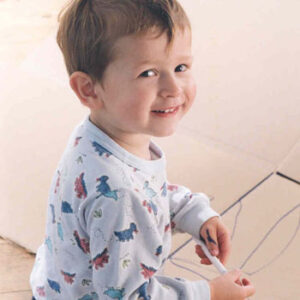
Shows Evidence of the Emotion of Pride (30-36 Months)
Sometime between years 2 and 3, children gain the ability to evaluate their own behavior against a standard. As children
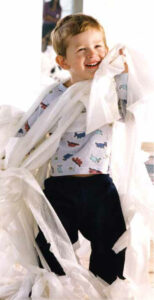
All About Play
Is there a link between how children play and how they learn? Decades of research show that play is important
